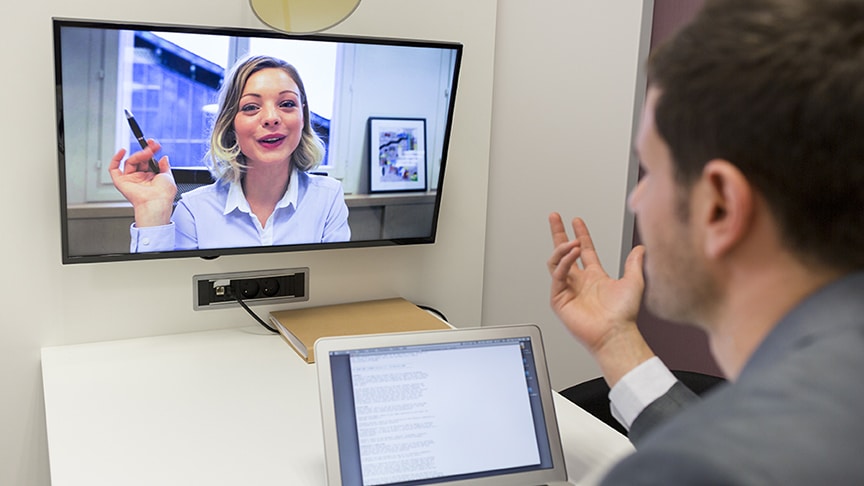Introduction
How strong are your people skills? Do they come easily to you, or do you get dinged on interpersonal skills in performance reviews?
The good news is that everyone has the capacity to increase their interpersonal skills and savvy.
What’s interpersonal savvy? It’s building and maintaining solid working relationships with colleagues, superiors, and direct reports. It’s a key leadership competency, and problems with interpersonal relationships is one of the most common reasons leaders derail in their careers.
The key to interpersonal savvy is to learn behaviors that demonstrate valued people skills. This includes skills such as good listening, showing sincerity and empathy in the workplace, and being trustworthy. Honesty, supportiveness, a team orientation, and a willingness to share responsibility are also part of the interpersonal skills mix.
4 Key Guidelines for Improving Interpersonal Savvy
Practical Tips to Build Your Interpersonal Skills
As outlined in our guidebook, Interpersonal Savvy: Building and Maintaining Solid Working Relationships, here is a practical approach for improving how others view you and experience your interpersonal skills. Rather than digging deep into your emotions or personality, it focuses on the behaviors that make a difference. To improve your interpersonal skills and boost your interpersonal savvy, try these steps.
1. Set a goal to improve your interpersonal relationships.
Figure out what interpersonal skills — specifically — you’d like to improve or address. Maybe you’ve received feedback that you interrupt or override others in meetings, sending the message that you don’t listen. Or you’d like your direct reports to know they can trust you or that you are willing to share responsibility. If you’re not sure where to start, ask a trusted colleague to help you see the positive ways and the negative ways others perceive you, and ask yourself:
- How do I want others to perceive me?
- What qualities would I like others to see in me?
- Do I have a reputation to overcome in one or more areas?
2. Focus on behaviors that will help you meet your goal of improving your interpersonal savvy.
What can you do to change perceptions? For example, to promote trustworthiness, you should guard information that was given to you in confidence. You could also find sincere ways to talk positively about others — both to them and to others. Trust others — share your own experiences and feelings.
3. Identify red-flag scenarios.
What situations get you into interpersonal trouble? When are you most likely to undermine your best efforts? Often, red-flag scenarios are tied to feeling rushed or boxed in. For example, you might relate to others less well when you are in a hurry, feel the stakes are high, or that you’re personally vulnerable, and start issuing orders rather than actively listening to understand the ideas of others.
If you know what situations are most likely to have you behaving in ways that don’t help your interpersonal goals and may undermine the leadership image you’d like to convey, you stand a chance of stopping yourself before you react, and choosing differently.
4. Enlist help.
Find one or more sources of support for your efforts — people to help you clarify what you’re doing, encourage you, and point out when they see improvement in your interpersonal skills (and when they don’t).
Above all, working to improve your interpersonal savvy can help you become a more effective, emotionally intelligent leader who can bring out the best in others.
Ready to Take the Next Step?
Upskill your team’s interpersonal savvy with a customized learning journey for your leaders using our research-based modules. Available leadership topics include Authentic Leadership, Conflict Resolution, Emotional Intelligence, Feedback That Works, Listening to Understand, Psychological Safety & Trust, and more.










